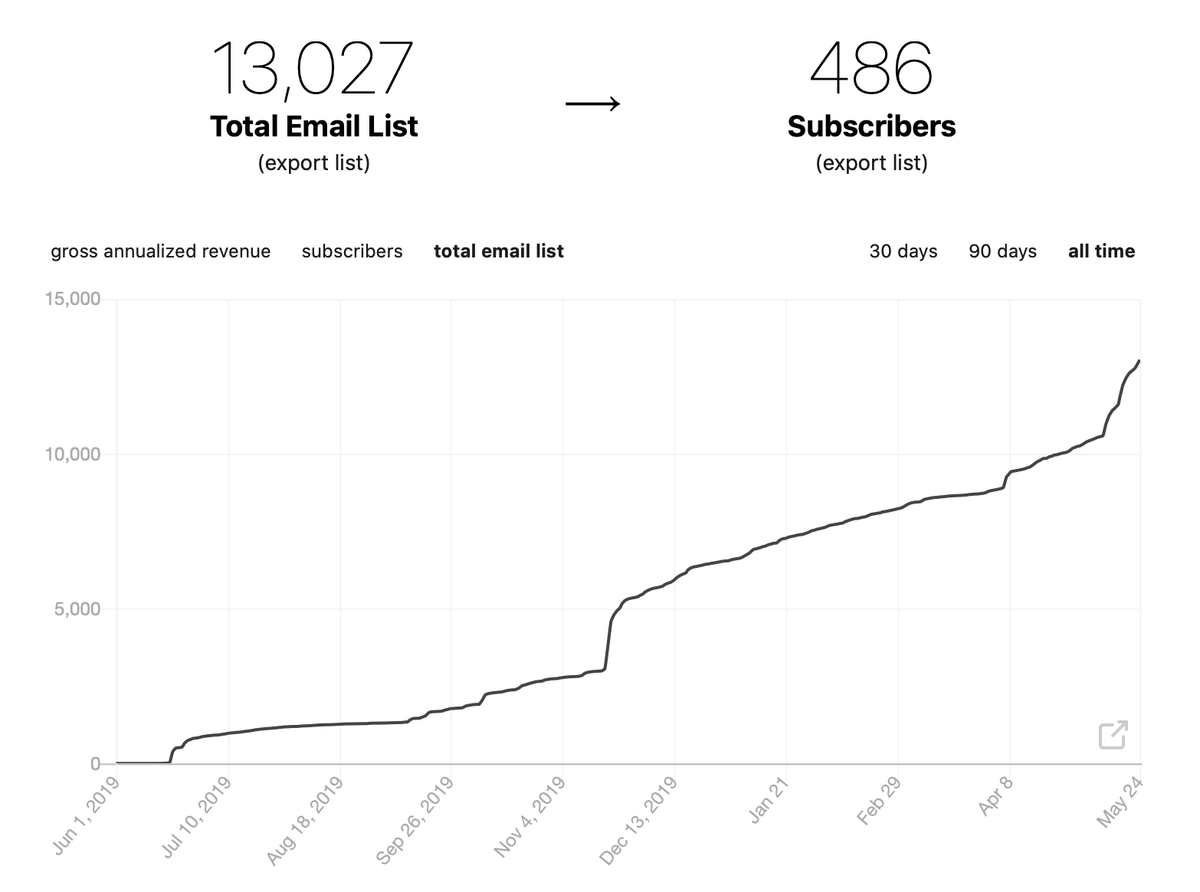1. 🤤 Demand PMF
2. 🤑 Supply PMF
3. ✨ Scalability with quality
4. 📈 High frequency and average order value
5. 🔒 Reasons to stay on-platform
6. 😏 Non-monogamy
7. 🧩 Fragmentation
(thread)
“A lesson I have learned many times in my 20 years as a marketplace investor is that aggregating demand is the one and only key.” – @bgurley
✅ Is this much cheaper or easier than the (non-marketplace) alternative?
✅ Can they maintain good unit economics while delivering this cheaper/better alternative?
✅ Will they be able to aggregate all of the demand eventually?
“The supply side — homes/hosts for Airbnb and drivers for Uber — are the most important aspect of most consumer marketplace startups…supply side is 👑” – @andrewchen
✅ Does the supplier meaningfully benefit, e.g. significant income, high-quality demand? How badly do they need this?
✅ How exclusive is the supply to this marketplace?
✅ Are you leveraging an underutilized fixed asset?
“The ultimate success of your marketplace will depend on your ability to create meaningfully more happiness per transaction than any substitute, not how many transactions you accumulate.” – @sarahtavel
✅ Fill rate
✅ Positive experience rate
✅ How much supply even exists that can provide this service globally?
✅ As it scales, will the supply be able to provide the same level of service?
✅ How important is consistency and quality to customers?
“When building a marketplace, most companies strive to excel on all fronts: high frequency, and high transaction values. Luckily, it turns out there’s more than one way to build a successful marketplace.” – @DCoolican
✅ The more frequent and the higher AOV, the better
✅ If neither frequent nor high AOV, needs to be a huge market size, cheap user acquisition, and high retention
✅ Is the business able to extract enough value (e.g. take rate) from each transaction?
“The real risk to most marketplaces is that they provide valuable services and, at the moment of the transaction, the transaction leaks and the buyer and seller settle the transaction off-platform.” – @chudson
✅ What keeps supply or demand from taking this off-platform, and avoiding your fees? Usually convenience, obfuscation, or protection.
✅ What protections or reputation do I build for staying on platform?
✅ How much more convenient is it to stay on platform?
“A repeated mistake is attacking verticals where a satisfactory supplier ‘match’ ends the customer’s need to re-enter the market in search of an alternative.” – @bgurley
✅ Will customers need to come back for more?
✅ Is one match/relationship enough? e.g. doctor vs. restaurant.
✅ Does the platform get paid just once, or for the tenure of that relationship?
“We typically look for high fragmentation of both supply and demand, meaning...there are not a few dominant players on either side." – @JamesCurrier
✅ Could they easily find each other without your marketplace?
✅ What is the distribution of spend across suppliers? Do only a few matter?
✅ Are suppliers “leaning into” your platform? Are up-and-coming suppliers hungry to gain market share and compete?
lennyrachitsky.com/p/evaluating-a…




